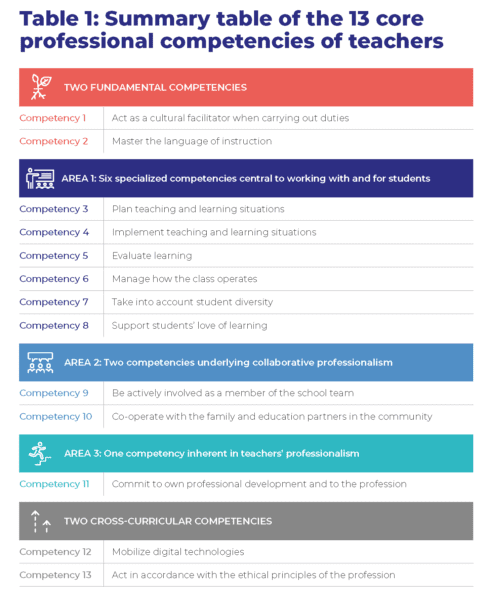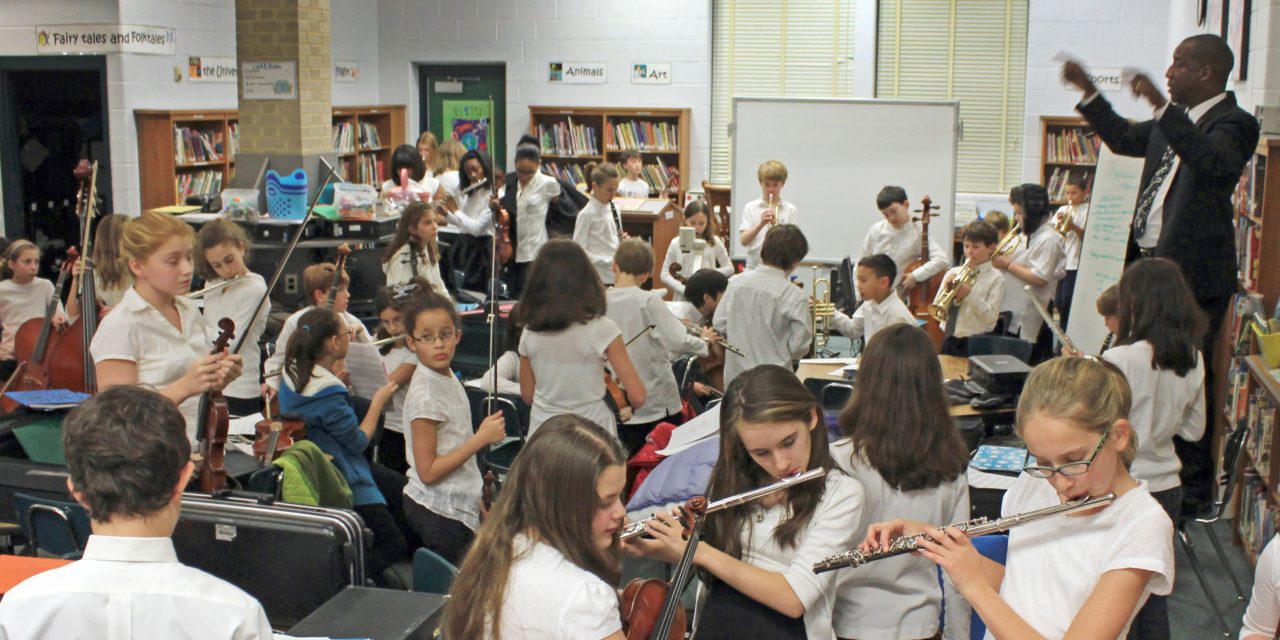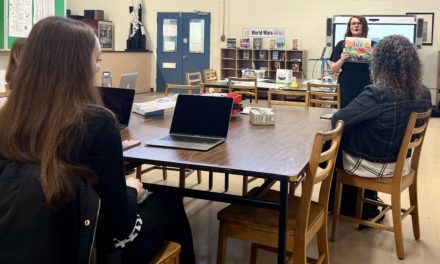The year was 1997. I was a green teacher coming off a successful pre-service education campaign at McGill University – or so I thought. I was hired right out of University to teach English as a Second Language (ESL) at a French private high school in Montreal North. My first workload was 6 groups of 30 students in grade 7. In my eyes, all my pre-service teaching classes were awesome; I connected with the students, they were engaged, responsive to my lessons, and they were trying. I was brimming with confidence, excited to start my professional career in a field I loved, in a school I was familiar with, surrounded by other teachers that supported me… What else could I ask for?
Then my first few days in the classroom started…

Photo by Brett Jordan on Unsplash
During this painful first year of teaching, by December I would stand in front of my students yelling instructions over top of their chatter. They wouldn’t listen, put much effort into my class, and treated me more like a misunderstood relative than their teacher. The final straw was having my principal look into my classroom through the small window on my door shaking her head in disgust at the chaos I created. Ugh. Tough… I managed to battle through my first year with many nicks in my teacher armour, with my confidence at an all-time low, questioning my career choice. Well, the good news is, since then, I have been teaching for over 20 amazing years. So, how did I survive the trauma of starting my profession? What did I do in the following years to realign my teaching so things weren’t spinning out of control?
The first few years of teaching can be brutal. It can be a thankless job with piles of stress piled on piles of stress. History has shown most educators opt out after very short careers due to the challenges of teaching. So let’s discuss some strategies that expert teachers would recommend to get you through a school year.
When I needed to learn how to become a better professional, one book, among many others, inspired me on my teacher journey. It was called The First-Year Teacher’s Survival Guide and it was written by an educator, Julia G. Thompson. She defined three principles which became my gospel while I was teaching, and also when I later became an educational consultant:
Principle One
Commit yourself to maintaining high standards of professional performance (p. 5).
Being a professional is a lifetime commitment. There are no shortcuts to speed up this important process, rather professionalism grows over time. Here are some key insights we can adopt to keep professionalism at the forefront of our growth:
– Actively pursue and participate in Professional Development (PD) whenever the opportunity presents itself (not just the board-imposed compulsory PD)
– Create an active Professional Learning Community (PLC) – Twitter is a great place to start
– Use data and research as a beacon to inform your classroom practices and strategies
– Everything you do in class should be supporting student learning
– Always have a pedagogical purpose for everything you do with your students

Photo by Katerina Holmes on Pexels
Principle Two
Commit yourself to establishing a productive and positive classroom environment (p. 6).
Creating a positive classroom environment doesn’t magically happen even if you are a very positive person. It takes effort, careful planning, and structure so that your students learn in a non-threatening environment. Your classroom will need to be masterfully orchestrated with you and your students by committing to routines until they are ingrained. Here’s some guidance:
– Establish classroom routines. One thing students like is routine. It takes away any insecurities when they know what is what
– Getting to know your students’ names and interests will do wonders
– Get students actively learning where their heads, hearts, and hands work together in the learning process
– The first few weeks should be tightly managed with clear expectations you continually reinforce. Remember that you’re their teacher and keep it professional
– Take charge of your classroom. Ideally, you know what is going on at all times (“eyes at the back of the head” is a common saying)
Principle Three
Commit yourself to actively promoting student achievement and learning (p. 8).
Finally, professionalism really all comes down to student learning which is at the center of the learning process. This is not about a student’s ability to pass exams or whether homework is done. Reflection is one of the best tools to ensure your classroom is constantly promoting student success. To improve your professionalism, start by asking yourself these key questions:
– Are my goals purposeful?
– Are my students at the center of the learning process?
– Should I tweak my lesson? Was it too long, or lacked engagement?
– Is there a possibility of collaborating with other teachers and subjects?
– Did I make the lesson about me or the students?
– Were my students engaged with the topic? Can I make it better?
– What did students produce as artifacts of their learning?
Wrapping Up
Teaching is a deliberate act. Reflecting on our teaching should be part of every respect of our professional lives (p. 10).

No one ever said being a professional educator was going to be easy. It is one of the most important and challenging professions in the world. To help with this journey, there are sign posts along the way.
Our provincial Ministry of Education has outlined a Reference Framework for Professional Competencies, which describes the 13 core professional competencies of teachers. “This reference framework is aimed at upgrading, enhancing and enriching teacher education to enable teaching staff to continue to play a critical role in ensuring their students’ educational success” (Gouvernement du Québec Ministère de l’Éducation, p.10).
Educators are creating the next generation of learners and leaders, faced with unfathomable problems to deal with and ultimately fix. So it becomes imperative that educators are the ultimate professionals so they can accomplish this hefty feat.
References
Ministère de l’Éducation. (2021). Reference Framework for Professional Competencies for Teachers. Québec, Canada: Gouvernement du Québec. https://cdn-contenu.quebec.ca/cdn-contenu/adm/min/education/publications-adm/devenir-enseignant/reference_framework_professional_competencies_teacher.pdf?1611584651.
Thompson, J. B. G. (2002). The First-Year Teacher’s Survival Guide: Ready-to-Use Strategies, Tools & Activities for Meeting the Challenges of Each School Day. (Jossey-Bass Teacher Survival Guides) – Common. John Wiley & Sons Inc.
Woodleywonderworks. (2010). Beautiful chaos in the grade school band. Flickr.com. https://www.flickr.com/photos/73645804@N00/5278944151. Licensed with CC BY 2.0.





